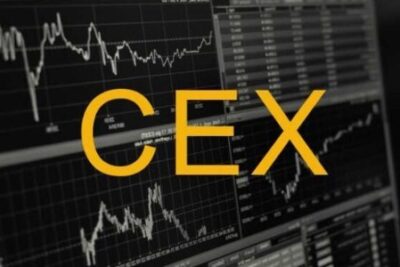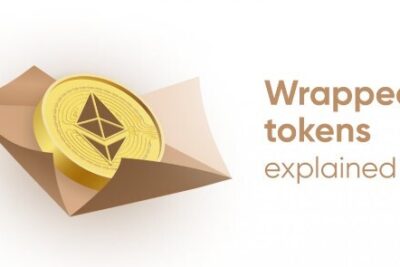

What Is A CEX? – The GateWay That Ease Users To Cryptocurrency World
29 March 2022
What is a CEX? With the advent of the blockchain, a technology that is by definition decentralized, a new paradigm for organizations that act as middlemen between buyers and sellers – namely, cryptocurrency exchanges – has evolved.
Since the birth of cryptocurrencies, exchanges have traditionally been centralized, requiring all transactions to pass via their services and networks in order to be completed.
However, traders now must pick between a centralized exchange (CEX) and a decentralized exchange (DEX). To make educated selections, traders must understand the distinctions between centralized and decentralized services, as well as the associated benefits and drawbacks. This enables them to choose between the two models when trading with crypto assets.
In this insight post, bePAY will list out some information about what is a CEX and how it works main differences between CEX and DEX as well as the list of CEX exchanges that you can trust.
What Is The Meaning Of CEX?
What is a CEX? Centralized exchanges (CEXs) are businesses that coordinate huge cryptocurrency trading on a comparable business model to that of traditional asset exchanges such as stock exchanges.
Exchanges are, at their core, markets. They are advantageous when a big number of individuals are attempting to purchase or sell the same sort of asset concurrently. Binance, Coinbase, Gemini, and Kraken are among the well-known CEXs in the cryptocurrency space.
By “clearing” deals, centralized cryptocurrency exchanges engage directly in markets. They often maintain digital order books, which are spreadsheets containing lists of open buy and sell orders, together with their associated quantities and prices. They connect buyers and sellers and publish current market pricing based on the most recent sale of an item.
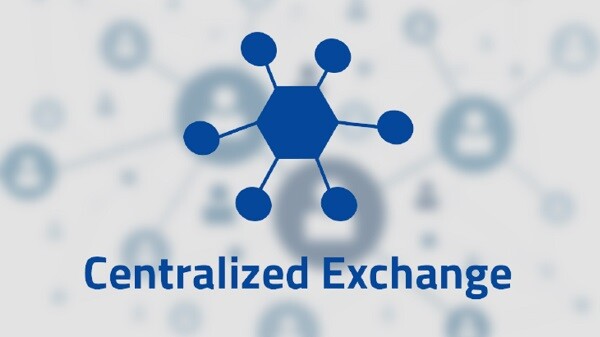
What is a CEX?
CEXs sometimes provide ancillary services, such as cryptocurrency asset safekeeping. They frequently demand consumers to deposit their crypto assets with the exchange prior to trading. Above are definitions of what is a CEX? Now let’s move to how does a CEX work?
How Does A CEX Work?
Centralized exchanges that handle digital assets often match buy and sell orders with the same price from individual or institutional clients. By providing liquidity to the tokens that are supported by their platforms, they may also function as market makers and accelerate transactions.
It is possible for these exchanges to provide market participants with access to order data for the purpose of analysis. It is common for the exchange to charge a fee for providing this information to the public. Tokens that have passed a verification procedure can be listed by developers on the platform.
A layer of decentralization is provided by crypto CEXs since users don’t have to visit a broker to make an order. Instead, their assets are stored in a wallet, which they may access whenever they wish to transact with them.
Regulated exchanges are a key feature of centralised exchanges. The local governments of the countries in which these institutions operate often need them to be authorized to perform their services since they deal with billions of dollars and serve millions of consumers from all over the world.
They must also adhere to KYC (Know Your Customer), AML (Anti-Money Laundering), and CFT (Counter-Terrorism Financing) requirements, among others. Thus to prevent market players from manipulating asset values, they must ensure that all activities take place in a timely and transparent manner.
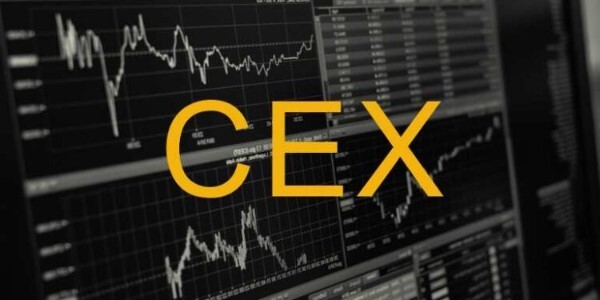
How does a CEX work?
>> Read also: What is KYC crypto?
CEX Vs DEX Main Different Elements
The presence or absence of a middle man is the primary distinction between centralized and DEXs. In comparison to CEXs, DEXs are less common and less popular. It’s likely that in the future, DEXs may outperform centralized ones because of the increasing number of them.
As part of the Decentralized Finance (DeFi) movement, decentralized cryptocurrency exchanges have arisen. There is no central authority engaged in decentralized exchanges, unlike CEXs. Their services do not need compliance with regulatory norms since they do not save user data on their servers, transactions are automatically conducted through blockchain, and they do not store user data. Because CEXs often demand a greater price for their services, they may be a more cost-effective option.
Additionally, DEXs employ smart contracts and sophisticated market-making algorithms to ensure that all orders are completed and filled quickly, unlike CEX, which relies on CEXs. One such protocol is the Automated Market Maker (AMM). Asset prices on DEXs are determined by a pricing algorithm rather than a conventional order book, as is the case on CEXs.
Briefly summarizing how these two forms of communication differ:
- Operational method
In order for a CEX transaction to be completed, it must first be processed by the exchange. It is the job of this system to find identically priced buy and sell orders. However, DEX transactions take place in accordance with the parameters provided by its smart contracts.
- Data storage
It is common practice for CEXs to charge other parties for access to data that travels via their infrastructure. Anyone with the ability to access on-chain data can see the details of transactions made on a DEX.

CEX vs DEX
- Market marker
In a centralised exchange, a market maker is responsible for ensuring liquidity so that all orders may be executed swiftly. As a result, DEXs utilize Automated Market Maker (AMM) protocols that depend on a pool of tokens given by third parties that are paid for their efforts.
- Speed
For-profit private companies that charge a fee for their services are the most common kind of centralised exchange. DEXs, on the other hand, are seen as a more affordable option because of the decreased transaction costs associated with using the blockchain.
- Anonymity
In order to ensure the shortest possible execution times, CEXs have improved their methods and infrastructures by purchasing costly servers and systems. Compared to their centralised equivalents, DEXs may be slower in executing orders because blockchains are currently struggling to increase their processing speed.
CEXs are required by law to collect and preserve the contact information of their customers, which compromises the anonymity of their users. In contrast, users of DEXs may enjoy greater levels of anonymity because of the fact that their identities are often encrypted inside the blockchain and are only accessible through a wallet address on the platform.
- Custodial vs. non-custodial
Another aspect of the trade-off between DEXs and CEXs is whether users choose to keep their crypto directly or trust it to the marketplace. Typically, CEXs require customers to deposit assets in their custody before trading.
Keeping your assets in your possession adheres to the crypto sector’s concept of self-reliance. You have complete and exclusive authority over them. On the other side, if private keys are not handled properly, they might be lost or destroyed, leaving the associated assets unrecoverable.
List Of CEX Exchanges
Below is the list of CEX exchanges that you can trust amongst hundreds of CEXs
Binance
Binance, the world’s biggest cryptocurrency exchange by reported volume, provides customers with a wide breadth of crypto pairings – over 1600 – across spot, futures, and decentralized exchange markets. Binance’s volume is mostly comprised of Bitcoin and ether perpetual futures.
Binance’s newly announced Bahrain cryptocurrencies service provider license demonstrates that the large corporation is making regulatory compliance a priority. According to reports, the corporation faced various regulatory probes in 2021 about its anti-money laundering program.
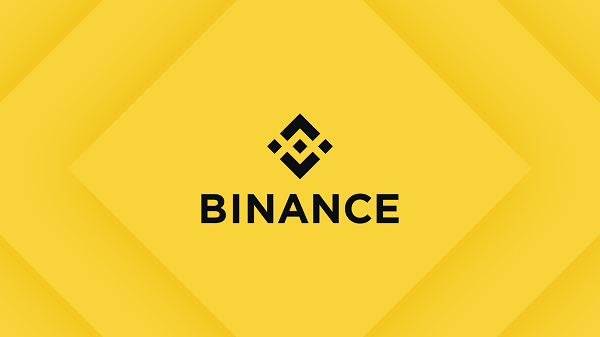
Binance
Coinbase
Coinbase is indeed the largest cryptocurrency exchange in the United States; it raised $86 billion in a record-breaking direct listing on Nasdaq. It is regulated by the New York Department of Financial Services, operates under a virtual currency license, services 44 states in the United States, and has a New York state banking franchise.
It has the most currencies and markets of any US crypto exchange and is in the process of creating an NFT marketplace and derivatives business.
FTX
FTX is a fast-growing company that has risen to prominence as one of the world’s top exchanges in terms of volume, partly by capitalizing on the crypto derivatives market. Already it owns regulated firms in the United States and Japan and operates in more than 100 countries. Paid endorsers include Tom Brady, Stephen Curry, Gisele Bundchen, David Ortiz, and Kevin O’Leary.
Kraken
Regulated in the United States, the United Kingdom, and certain Asian Pacific nations, Kraken is established in the United States and caters to intermediate and advanced crypto traders. It services all states in the United States except New York and Washington, and it has a banking license from the Wyoming state, however, it has not yet begun operations.
It recently supplied evidence of reserves for customer assets totalling $19 billion, making it one of the few exchanges in history to do so. It has 13 distinct licenses internationally and has claimed that it intends to go public this year. Its rates for manufacturers, at 16 basis points, are lower than those charged by other big regulated businesses. It is the only class A company that operates a futures market.
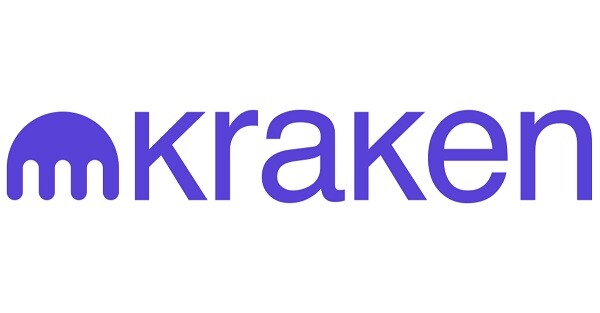
Kraken
Robinhood
Robinhood is a publicly listed, SEC-regulated broker-dealer situated in the United States that offers commission-free crypto and stock trading. It provides a small number of trading assets in comparison to the majority of specialized crypto exchanges.
The company now has over two million consumers on a waiting list to get a wallet capable of sending crypto to external addresses. It is appropriate for novices due to its cheap entrance fee and straightforward offering. At $22 billion, crypto-assets under custody are quite large.
Singapore-based but regulated in the United States Crypto.com spent $700 million again for naming rights to Los Angeles’s old Staples Center. It supports 169 cryptocurrencies and 349 trading pairings. Despite its comparatively high 40 basis point cost for entry-level deals, Crypto.com has a bigger trading volume than Coinbase.
FAQs About CEXs
What Is A CEX’s Main Advantage?
To begin with, centralized exchanges are simpler to use (which may be particularly significant to individuals just getting started with crypto), have more liquidity, and process deals quicker.
In Cryptocurrencies, What Does “Decentralized” Mean?
DEX is an alternative to CEX in which no one party controls the assets. Unlike CEXs, smart contracts and decentralized applications are used to automate transactions and trades.
Decentralized crypto exchanges are distinguished from centralized crypto exchanges by the fact that they enable users to retain ownership of their assets by conducting critical operations on the blockchain.

What is the meaning of CEX?
What Is DEX And How Does It Operate?
A token owner places an order on DEX to exchange one of his or her assets for another. The token’s owner decides the minimum number of units to sell, the token’s price, and the time period for taking bids on the assets. Other users may submit bids by placing a buy order after the placement of the selling order. Once the sellers have selected a time frame, both parties assess and implement all bids.
>> Read also: What is a DEX? Top best DEX on market
What Is The Primary Advantage That DEXs Have Over CEXs?
While a DEX cannot be hacked, a centralized exchange is more vulnerable to assaults, which might result in massive losses for consumers. Additionally, consumers keep control over their Bitcoin assets by maintaining access to their wallets.
Closing Thoughts
As a result, you’ve learned what is a CEX? As well as a list of CEX exchanges. CEXs is a great entry point into the cryptocurrency market for those new to trading. For experienced traders who want total secrecy and control over their digital cash, DEXs are a better option–though they may need a more sophisticated user. Which one is better for you?
A little research may clear up some of the ambiguity around the cryptosphere. The beauty of crypto is that it’s continuously changing, seeking answers to the conflicts experienced by its users, and aiming to deliver more to those who utilize the currency. The sector has a lot to offer if you’re willing to put in the time and effort to learn about it.
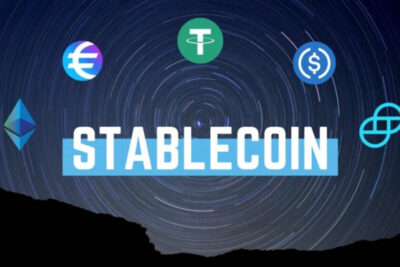
What Are Stablecoins And Why Do You Need Them?
10 March 2022